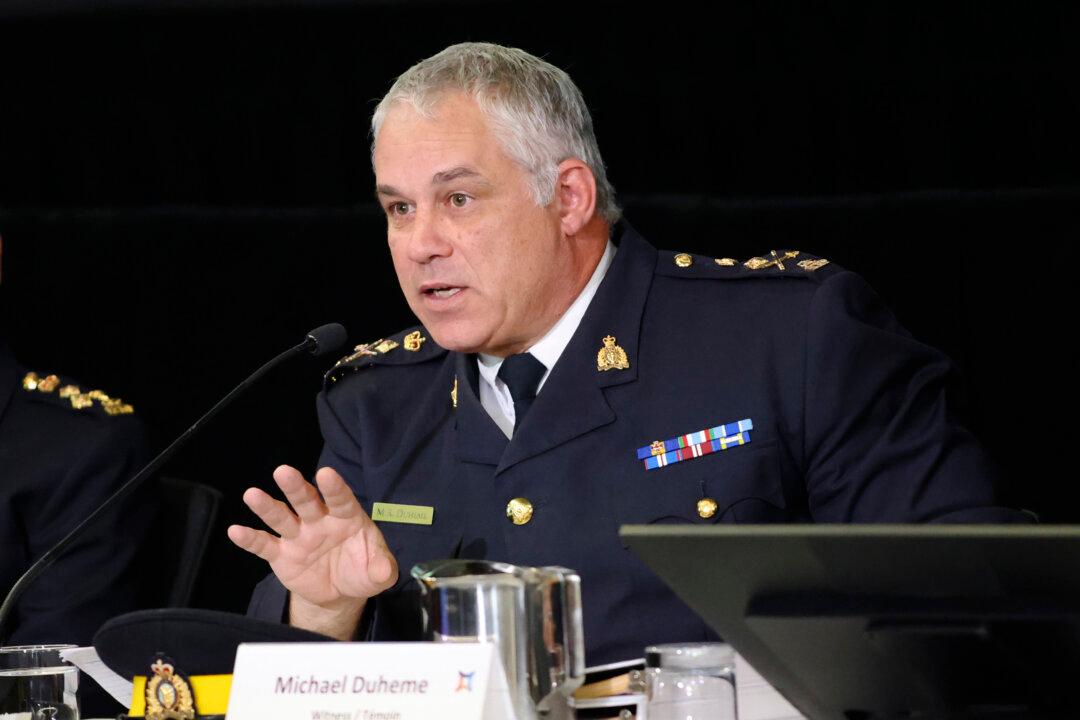Canada and India have announced tit-for-tat expulsions of diplomats on the same day the RCMP said Indian agents have been involved in homicides on Canadian soil.
India’s Ministry of External Affairs (MEA) said on Oct. 14 that it is expelling Acting High Commissioner Stewart Ross Wheeler and five other diplomats. They have been asked to leave the country by Oct. 19.





